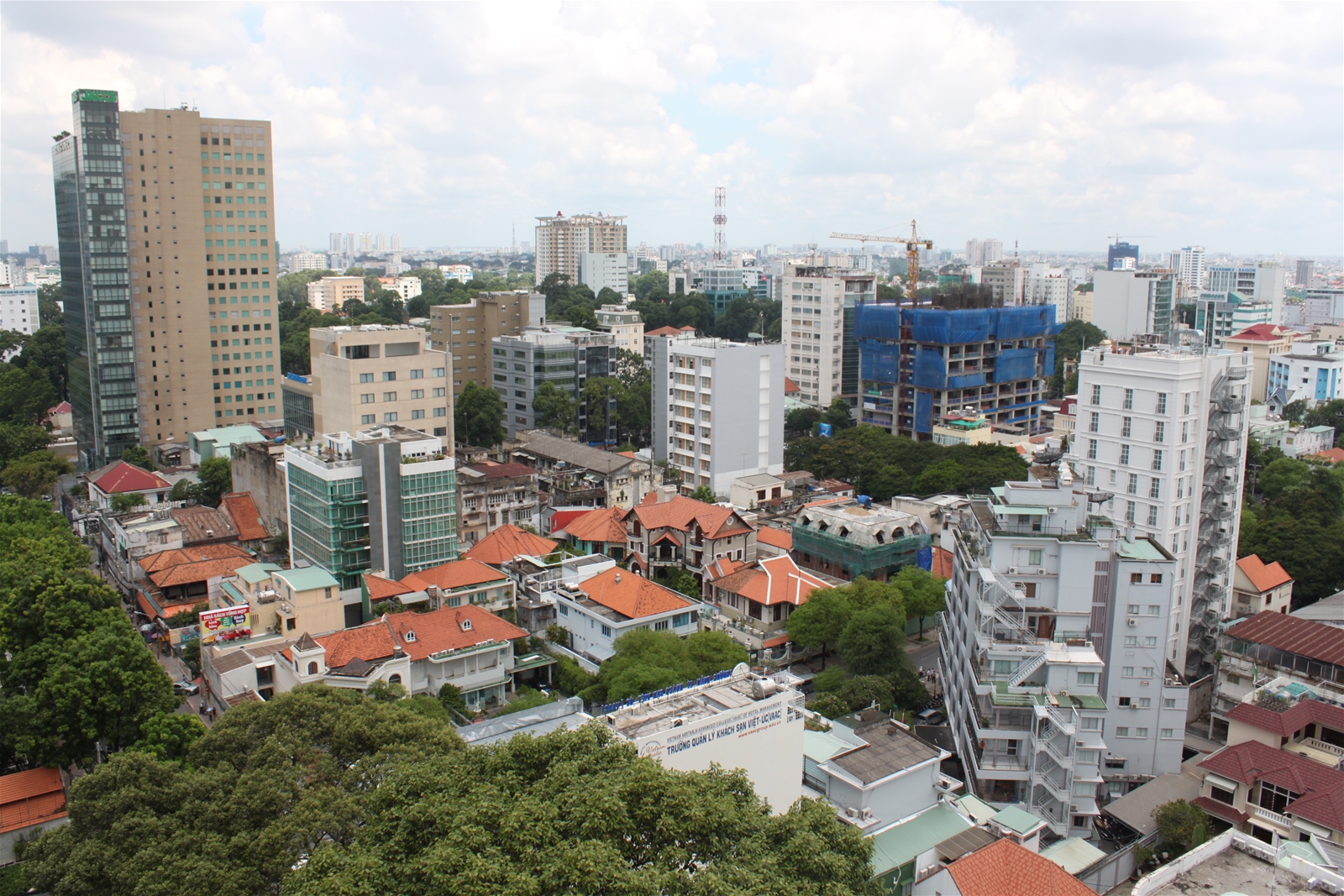
Japanese trading group Sumitomo will spend over $177 million to expand its two industrial parks in Hanoi, Vietnam, looking to serve businesses shifting production away from China to avoid the trade war, Nikkei Asian Review reported.
Sumitomo will add about 290 hectares to two of its three complexes outside Hanoi. The three industrial parks host roughly 190 companies, 90% of which are Japanese manufacturers.
The tit-for-tat tariffs imposed by the U.S. and China have forced companies to revise production strategies to avoid the duties. Many Japanese companies interested in moving into Sumitomo's industrial parks are seeking to diversify manufacturing risks.
Sumitomo Corporation last week announced its agreement with Vietnam’s Hung Yen province on the third phase development of the Thang Long Industrial Park II (TLIPII) in Hung Yen. The site already spans 346 hectares. Under the deal, the industrial park will be enlarged by another 180.5 hectares to the southeast portion, making the new site in combination with the current ones one of the largest Japanese industrial parks in Vietnam.
The project will cost over JPY14 billion (approximately US$130 million) in total. Ground-breaking is scheduled for 2021, with lots going on sale in 2022.
Sumitomo will accordingly develop the land adjacent to TLIP II in the southeast. TLIP II is located about 30 kilometres east of Hanoi. Phase 1 of the industrial park covers an area of 220 hectares while Phase 2 has been completed on the 125.6-hectare site. The total land area of the TLIPII will be 526.1 hectares upon the completion of Phase 3.
Apart from the TLIP II, Sumitomo is said to be injecting JPY5 billion (US$46.42 million) into an expansion of 109 hectares in its Thang Long Industrial Park III (TLIP III) in Vinh Phuc province, in a bid to upsize the total area to 213 hectares. Though the work was already planned, it has been accelerated by a year to the first half of 2020 at the earliest.
TLIP III was initiated in 2015 as the third industrial park of Sumitomo Corporation in Vietnam. Under the original plan, up to 213 hectares are scheduled to be developed, with project costs expected to total more than JPY10 billion ($92.6 million). Its first phase covering an area of 94.5 hectares was completed and open for business in late 2018.
Sumitomo originally planned to sell out Thang Long III's first phase lots by 2022. But due to the unanticipated demand, the lots covering the initial 104 hectares -- completed just last November -- likely will be sold out by 2021.
According to Sumitomo, the Trans-Pacific Partnership Agreement entering into force for Vietnam in January 2019 and the EU-Vietnam Free Trade Agreement signed in June are expected to lead to further industrial growth.
In addition, thanks to industrial diversification and vigorous domestic demand associated with the population increase, further entry of foreign companies, primarily manufacturers, as well as expansion of foreign companies that already have operations in the country, are anticipated in Vietnam.
Sumitomo Corporation has been developing, selling and operating special economic zones and industrial parks in Indonesia, the Philippines, Vietnam, Myanmar, India and Bangladesh.
Sumitomo Corporation’s industrial park business is on display at its grandest scale in Vietnam, where it has developed a new industrial park every ten years or so: Thang Long Industrial Park in 1997, TLIP II in 2006, and TLIP III in 2015.
Investments by Japanese companies in Vietnam rose 7% last year to 643 targets, according to the Japan External Trade Organization, or JETRO. Spending has increased for three consecutive years to a new record. Vietnam's proximity to China and its cheap labor costs have made it a draw for relocating production capacity.
As the number of Japanese manufacturers moving into Vietnam each year has accelerated over the past two decades, these industrial parks have served as important foundations for their production activities.


















